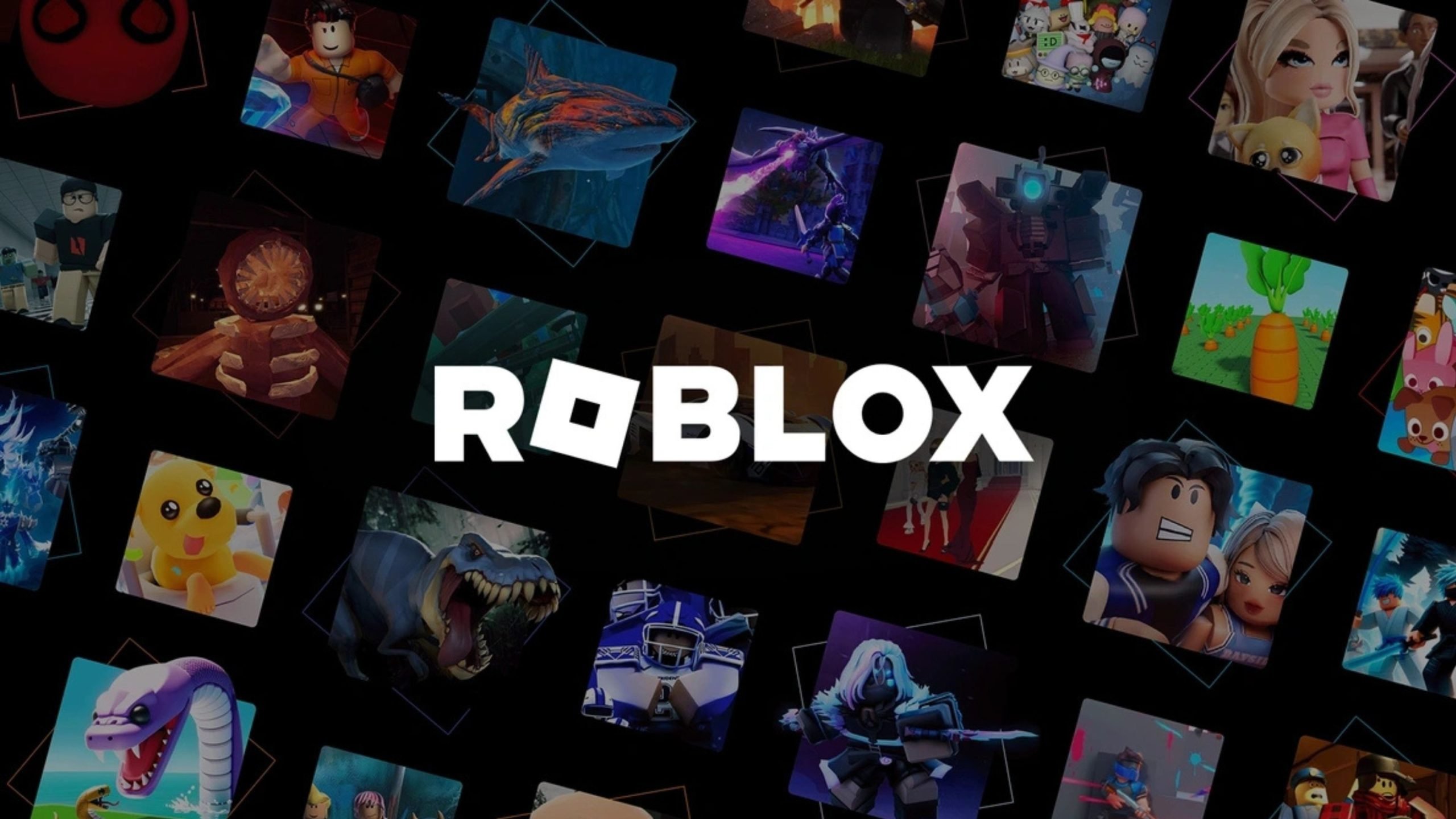Kentucky Attorney General Russell Coleman is taking legal action against Roblox, arguing that the company has failed to protect children from exploitation on its platform.
Filed in Madison County Circuit Court, the 68-page lawsuit accuses Roblox of ignoring safety concerns for years while continuing to profit from a platform heavily used by minors.
We obtained a copy of the lawsuit for you here.
At a Tuesday morning news conference, Coleman stated, “Roblox is the website of choice for child predators.” Coleman likely meant to refer to the game, rather than the website.
He said the lawsuit seeks stronger safety standards and the introduction of age verification tools to ensure that both children and adults are accurately identified online.
“What we’re seeking is for them to apply reasonable security. It’s not about limiting profits. We want to incentivize folks to do well. It’s about implementing common sense safety features,” he said.
That proposal, however, would require new forms of digital identity verification, potentially forcing users to share government-issued identification or other personal data to access online platforms.
This comes just days after the major Discord support breach where thousands of photo-based government IDs were leaked after Discord implemented a similar feature.
Privacy supporters warn that such systems could mark a change toward mandatory digital ID programs, reducing online anonymity for both children and adults.
Coleman said the goal is to make the internet safer for minors, not to restrict companies. “Here’s my message to parents,” he added. “Get your kids off Roblox. Do it today.”
Roblox is one of the most popular gaming platforms in the world, with cartoon-like graphics and open-ended worlds created by users.
But as its reach has grown, so have reports of inappropriate content and predatory behavior.
The company maintains that it employs thousands of moderators to monitor its network for harmful material.
Kentucky is the second state to file such a lawsuit. Louisiana’s attorney general brought a similar case in August, also alleging that Roblox has not taken adequate steps to verify users online.
Digital rights groups are watching these cases closely, warning that if state-level age verification laws expand, they could lead to broader requirements for digital identification across social platforms and games.
That could make it more difficult to participate online without revealing personal information, altering the very foundation of internet privacy.










